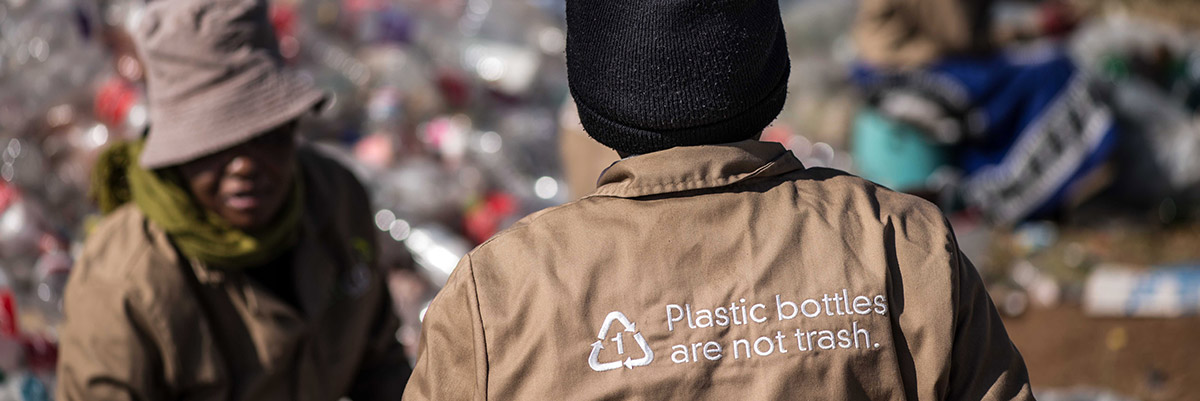A swop-shop provides a shopping alternative to our normal money-based system as it allows people to exchange goods and services for their recyclables. It’s uniquely Kenyan and a meaningful way to support communities that may not have a lot of disposable income.
Here at PETCO, we don’t manufacture, buy or sell any material. But we have a number of contracted recyclers that do buy PET bottles, who will be able to provide more pricing info.
These recyclers will buy a minimum of 1kg – 10 tonnes of bottles, to be delivered to their premises, and the price you will receive will vary according to bottle colours, level of sorting, as well as distance from markets. Here are their details:
Download our full Basic Collector’s Guide
PETCO sees the role of training and mentorship of PET collectors as critical. We specifically help in improving work conditions and assist entrepreneurs to grow and sustain their businesses. We also identify with the need to raise awareness in communities and strengthen relationships with government, to encourage the establishment of separation at source projects and expand existing PET collection into new areas.
PETCO supports visible recycling in the following ways:
We encourage the establishment of separation at source projects and work with communities to expand existing PET collection opportunities into new areas.
We can assist with:

PETCO supports projects with infrastructure, equipment and protective clothing, enhancing working conditions, and helping collectors improve their collection volumes, quality and transport efficiencies.
Equipment provision includes:
All the sponsorship recipients have signed equipment contracts. They are monitored on a monthly basis to track growth.
Download the Criteria for Support document.
Our aim is to embed design for recycling into the development of PET packaging. PETCO recognises the need for innovators, designers, manufacturers and packaging decision makers to understand how packaging design decisions affect container recyclability and, where feasible, to design packaging to be compatible with the broadest range of recycling operations.
Our ‘Design for Recyclability’ guideline document is in line with international best practice and knowledge of our current technological capacity.
We intend to host an annual ‘Design for Recycling’ workshop, where we share current thinking on design for innovation and closed loop systems. We also engage brand owners around pack format and design and empower students with information about the fundamentals of design for recycling.